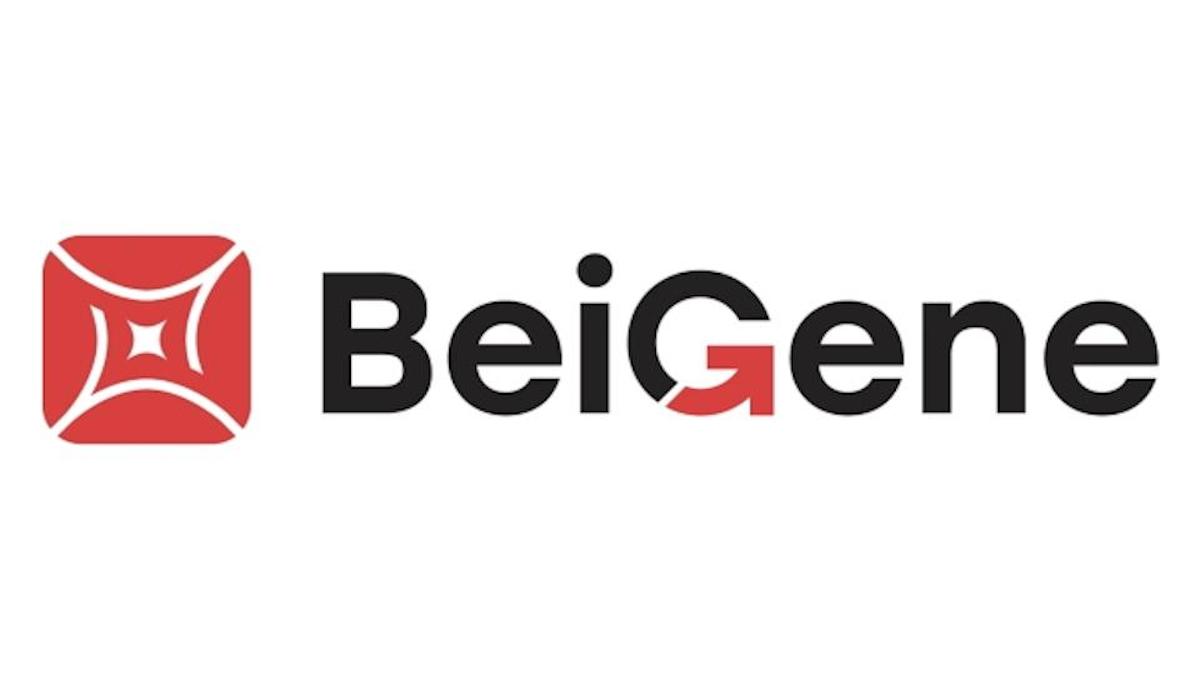BeiGene abandons TIGIT antibody after lung cancer flop

BeiGene has decided to stop the development of its TIGIT-targeting drug ociperlimab in yet another setback for the drug class.
The Nasdaq-listed company – which is planning to rebrand as BeOne Medicines – said that the decision follows a futility analysis of the phase 3 AdvanTIG-302 trial of ociperlimab (BGB-A1217) by the study's independent data monitoring committee, which indicated the drug was unlikely to show an improvement in overall survival.
AdvanTIG-302 was pitting the combination of ociperlimab with BeiGene's PD-1 inhibitor Tevimbra (tislelizumab) against MSD's $29.5 billion-a-year PD-1 inhibitor Keytruda (pembrolizumab) in previously untreated, advanced PD-L1-positive non-small cell lung cancer (NSCLC).
"We evaluate our clinical programmes to focus our resources on the most promising clinically differentiated candidates while thoughtfully de-prioritising others," said Mark Lanasa, BeiGene's chief medical officer.
"Our commitment remains steadfast: to discover and develop innovative treatments that are more affordable and accessible to cancer patients worldwide."
The decision follows negative results in other ociperlimab trials, so isn't wholly unexpected, but is another example of the difficulties companies are facing in developing additional checkpoint inhibitors that work alongside the PD-1/PD-L1 inhibitors which currently dominate the cancer immunotherapy category.
TIGIT, in particular, has proved to be a tricky target for drug developers, and BeiGene's decision comes just a few months after MSD abandoned the development of its anti-TIGIT antibody vibostolimab after a series of disappointing trial results, along with its anti-LAG-3 candidate favezelimab.
Last year, Bristol Myers Squibb also returned rights to AGEN1777, a TIGITxCD96 bispecific antibody partnered with Agenus in a $1.56 billion deal, saying the intention was to "realign" its product pipeline.
Other TIGIT drugs from Roche and Gilead/Arcus, meanwhile, have also suffered setbacks in first-line NSCLC, with Roche now focusing its efforts with tiragolumab on liver and oesophageal cancers after the drug seemed to worsen outcomes in an NSCLC study.
After one phase 3 trial failure, Gilead/Arcus still has one study remaining for its domvanalimab antibody in this setting, alongside a phase 3 trial in upper gastrointestinal cancer, with active programmes in first-line NSCLC also ongoing for iTeos/GSK's belrestotug antibody and AstraZeneca's TIGITxPD-1 bispecific antibody rilvegostomig.
BeiGene said it would present the results from AdvanTIG-302 at a future medical congress "to help advance science and the understanding of anti-TIGIT activity."












